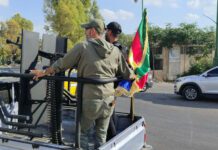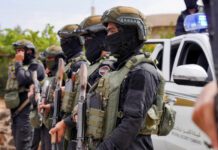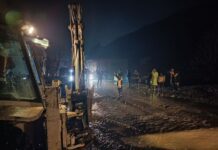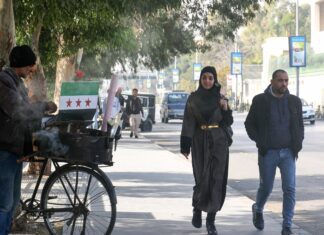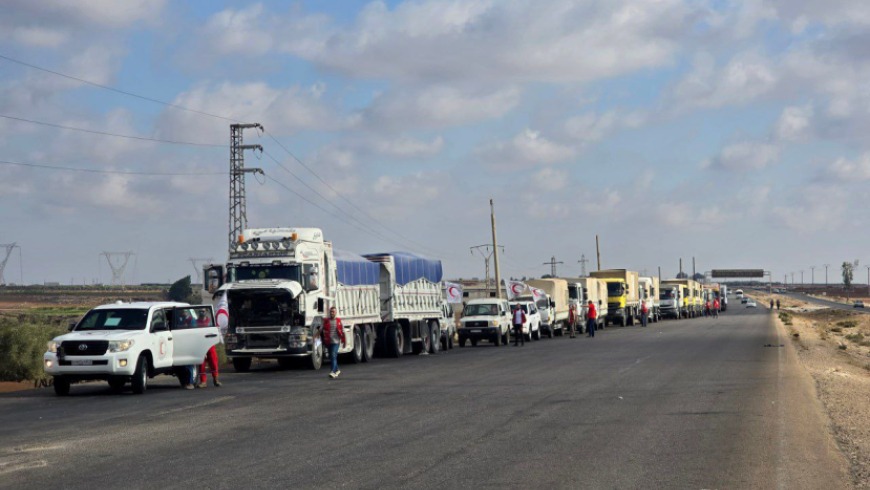
Southern Syria continues to face a worsening humanitarian situation as residents of Daraa and Suwayda struggle with food shortages, medical crises, and deteriorating infrastructure. According to the International Committee of the Red Cross (ICRC), more than 1,500 people have died in recent instabilty, leaving roughly 800,000 residents in urgent need of aid. Hospitals report critical shortages of medicine and fuel, while power outages have left morgues overflowing and displaced families dependent on the generosity of host communities.
The scarcity of flour, fuel, and medical supplies followed weeks of violence between tribal groups and local militias in Suwayda, compounded by government interventions and Israeli airstrikes. Basic services remain fragile, with banks and markets paralyzed and water and electricity severely limited.
Government and UN Coordination
In an effort to expand relief operations, the Syrian Ministry of Foreign Affairs met with UN officials on August 18 in Damascus. The discussions focused on increasing donor funding, accelerating field needs assessments, and improving coordination to ensure timely delivery of assistance. The ministry praised the World Food Programme’s (WFP) plan to roll out a food distribution system in the south after receiving government approval.
Officials emphasized that the absence of comprehensive field reports should not stall urgent relief efforts. “The government has not imposed restrictions on the entry of humanitarian aid,” the ministry said in a press statement, noting that over 12 aid convoys reached Suwayda in less than a month through the Syrian Arab Red Crescent, UN agencies, and the International Red Cross. Permits have also been granted for more than 140 UN staff to operate in Suwayda and Daraa, with additional convoys scheduled to depart in the coming days carrying food, fuel, and medical assistance.
Obstacles on the Ground
Despite these initiatives, humanitarian agencies warn that insecurity continues to obstruct safe access to southern Syria. The ICRC reported attacks on civilian vehicles traveling to Suwayda from Damascus, including a bus hijacking near Kahil that left eight passengers kidnapped. Other incidents included gunfire on private cars and commercial trucks along the same routes.
These risks, coupled with the activity of armed groups in contested areas, have slowed the pace of aid delivery. Humanitarian workers stress that impartial and secure access is essential to prevent further deterioration in conditions.
Relief Efforts Ongoing
Aid organizations continue distributing emergency supplies to hospitals and communities across Suwayda and Daraa. The ICRC confirmed delivery of medicines, food parcels, and water tanks, along with 8,700 vials of insulin for patients in need. The Syrian Arab Red Crescent continues to run ambulance and emergency programs with international support.
Foreign Minister Asaad al-Shaibani reaffirmed earlier this month that those responsible for violations in Suwayda will be held accountable, emphasizing the province’s role as “an integral part of Syria and its social fabric.” Humanitarian partners say sustained international support and secure access corridors will be key to addressing the crisis in the south, where urgent needs far outpace available resources.

